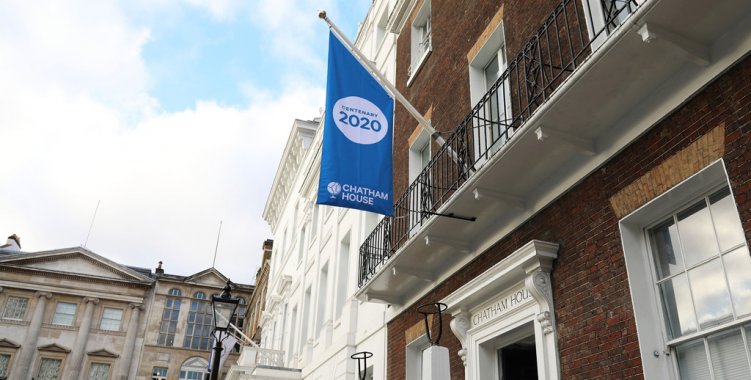"Most African countries, like Angola, are lucky because many of the sovereign debt issues are recent and there are no repayments due in 2020, with the exception of South Africa", said Alex Vines, in an interview with Lusa, regarding the measures combating the covid-19 pandemic on the continent and debt relief initiatives being prepared by the international community.
For this British expert in Angola, the country has made several debt issues in dollars in recent years, having only to bear the half-yearly payment of coupons, interest, and not the repayment of the entire debt, which will begin to be due from 2025, since the emissions were made 10 years ago.
"Angola's debt reached 95 percent of GDP in 2019, despite having a budget with a surplus of 0.7 percent, so it is not surprising that President Lourenço supported the request, on 17 April, made by several world leaders regarding an immediate moratorium on all multilateral and bilateral debt payments until the covid-19 pandemic is controlled, "explained the academic.
Angola, he added, "was planning a debt issue in Eurobonds this year, but that is now postponed," said Vines.
The expert recalled that "the interest rates required by investors to transact Angolan debt with maturity in 2025 is around 23.5 percent", well above the 10 percent barrier that analysts see as acceptable for emerging markets.
Where Angola is in a more fragile situation is in the contracts it has made for decades with China, in which loan payments are made in oil, but indexed to a fixed price, which means that, in the face of falling prices, the volume of oil has to be substantially higher.
"Paying oil for infrastructure is a key pillar of the partnership between Angola and China, 'Angola Mode', as it is officially known, loans have a reference price, not a volume, so a price collapse it is not good for Angola, as it needs to export much more to China ", he explained.
The situation is more serious because, in this context, "China itself does not need that much volume and OPEC quotas will also not have an additional impact, and that is why Angola also loses" here, since "it does not have the refining capacity internally or long-term supply contracts ”.
In the interview to Lusa, Alex Vines recalled that in January, a delegation led by the Ministry of State for Economic Coordination was at Chatham House.
"The loans supported by oil payments were counterproductive and (...) Angola was planning to end this modality, which is also applied with Brazil and Israel, being a legacy from the era of José Eduardo dos Santos", he defended.
China, which is under pressure to participate in African countries 'debt relief initiatives, holds a significant part of these countries' debt, but has already said it will address the issue in bilateral relations with each country, not adhering to the programs of the Bretton Woods institutions.
"I suspect that the issue will be dealt with bilaterally, because that is how China prefers it, even though at summits with Africa it always likes to present continental and regional figures", and not specified by country, noted the Chatham House expert.







